Get out your trembita horn, and prepare for some wild dances — it’s time for a Ruslana-themed Eurofan True Story! Today’s tale comes from Down Under, where Bina Bhattacharya from Campbelltown just outside Sydney shares a short film she made all about the power of Ruslana’s Eurovision winning song ‘Wild Dances‘.
The 14-minute video tells the story of two teens watching Ruslana’s victory in 2004. One is a young Australian gay man who instantly falls in love with Ruslana’s performance to the point of learning the moves after, and the other is a Ukrainian-Australian who watches the win with her family. There is build up to a school dance where the two characters have their meeting in the most fabulous of ways.
The film ends with them watching Kyiv 2017 together, with the last line “Can you believe we’re in this thing now?” referring to Australia, showing how much the contest has changed in that time. You can see it for yourself here.
Let’s chat with Bina and find out more about ‘Wild Dances’:
What’s the craziest thing you’ve done for the love of Eurovision?
This is my story! I am so obsessed with Eurovision and what it means to immigrants in Australia that I made a film about it in 2017 that was based on my friend’s real life story of growing up gay in a small country town and being obsessed with Ruslana and somehow connecting with the only girl from an immigrant family at his school who was from a Ukrainian family.
Tell us more about your film.
In 2016, after a particularly gushy Eurovision post and about what it meant to both queer and immigrant communities in Australia (I’m both), an old friend reached out to me to tell me his Eurovision story. As a teenager he was a very shy, closeted gay boy growing up in a small country town outside of Sydney who used to secretly watch Eurovision. He became obsessed with Ruslana and would watch ‘Wild Dances’ taped off the TV on repeat, and learned all the dance moves in his family’s shearing shed where he would go to secretly dance.
At a school disco, he brazenly took a burned CD of ‘Wild Dances’ with him, and gave it to the DJ to play. The night went on and he became pretty certain that he would be consigned to early noughties pop. But then, unexpectedly, those opening few bars of ‘Wild Dances’ began to play, and he broke out into all the dance moves. Unexpectedly, there was a girl in his year at school who came from a Ukrainian family, the only immigrant girl, and she was as obsessed with Ruslana as he was. The dances parted and they broke out into all the dance moves while all the other kids watch on, completely confused.
When it was over another pop song came on, and the dance went on as usual, but they were forever kindred spirits. I thought this song was excellent material for a film — particularly if I expanded the role of the girl to reflect my own experiences growing up as a first generation Australian. However, I had a problem. I was a nobody, a housewife. I had no money.

Were there production challenges?
Although I had studied film-making in my youth, I had not made a film in ten years. And here I was wanting to make a film that had a significant component in Ukrainian, lots of locations, a big cast, a dance sequence and, most importantly, explicit mention of the Eurovision Song Contest and the use of the ‘Wild Dances’ song. And moreover, I was determined to make the film in time to premiere on the night of the Eurovision Song Contest in 2017 where the competition would be held in Kyiv. Everyone told me I was crazy and I would never get it done. Well, they were only half right.
I wrote a script and reached out to Australia’s Ukrainian community — it was difficult to cast a young woman between the ages of 16-24 who would speak fluent Ukrainian, the kind spoken by more recent emigres, act well enough to hold up the film, be beautiful and dance — but I found her! I hired a Ukrainian script consultant and co-director. I did a huge crowdfunder and raised about AUD$11,000, as well as every cent I had. And of course, I wrote to Eurovision and asked them for permission to make the film and use the song, and amazingly, they were so supportive!
The day I got the letter from Jon Ola Sand granting me permission to use the song was a day I’ll never forget, as a long time Eurovision fangirl! The final film has been a huge success and catapulted me into serious filmmaking, and I owe it all to Eurovision and Ruslana!
What has been the aftermath of the film being made?
Have you ever made the journey over from Australia to the contest?
I attended Vienna in 2015 (when I was pregnant with my son!). Every year since 2010 I hold a huge Eurovision party where we all get dressed up. Because I live in Australia we have to observe a media blackout all Sunday to avoid having the winner spoiled, so its a commitment! This year I went to the Oxford Art Factory Party in Sydney.
You can see a bit more from Bina here — in her pitch for IndieGogo before she made the film:
It was great to see this story, and it was truly inspirational! Remember, we want to hear more of your stories, so please get applying to be on Wiwibloggs’ Eurofan True Stories! You can find the application HERE, we can’t wait to hear from you!
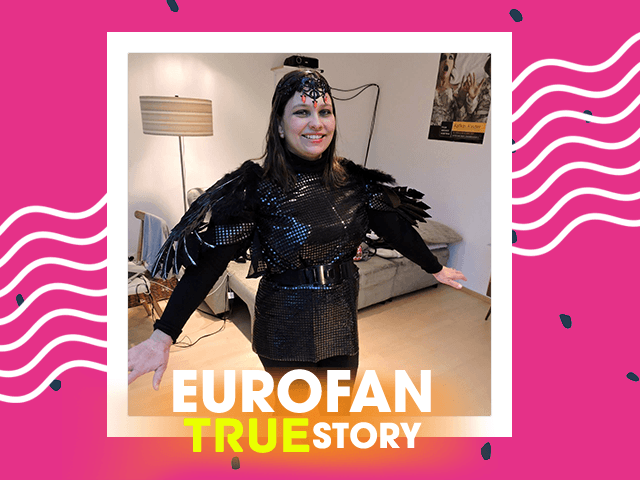
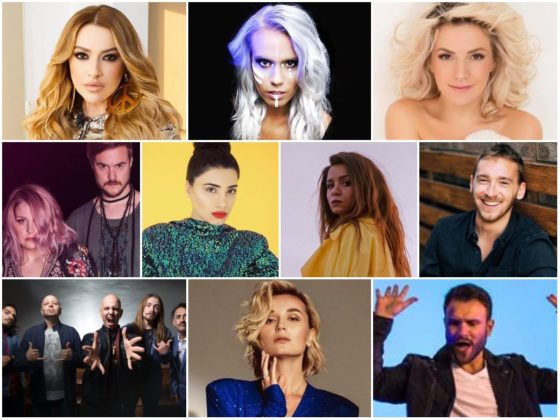
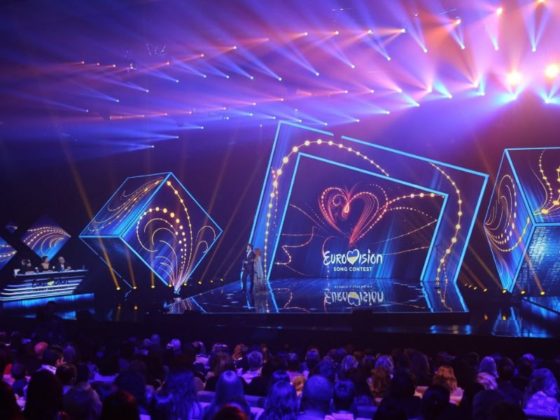
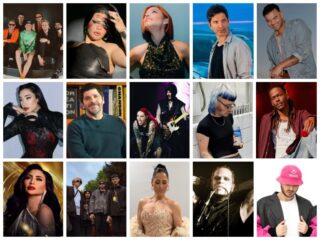
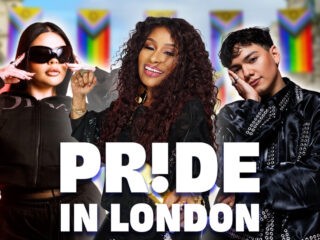

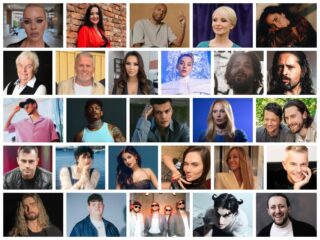
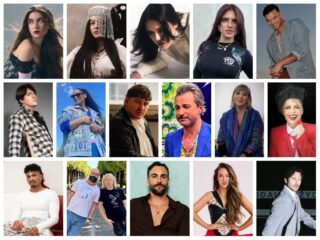

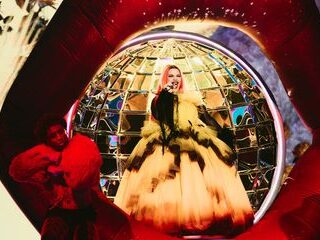

I think it was an adorable little film! Oh, this teenage awkwardness 🙂
The story is so sweet, but the film made me cringe for like 10 times.
So sweet story :))) thanks for post it !